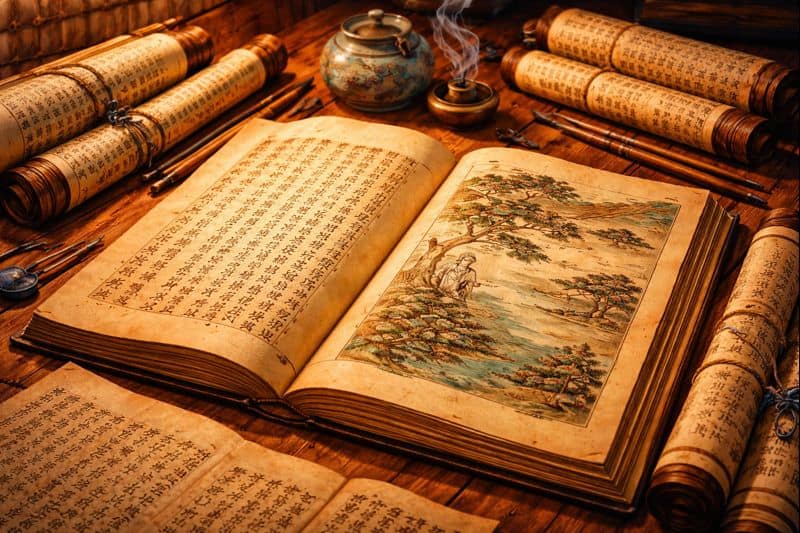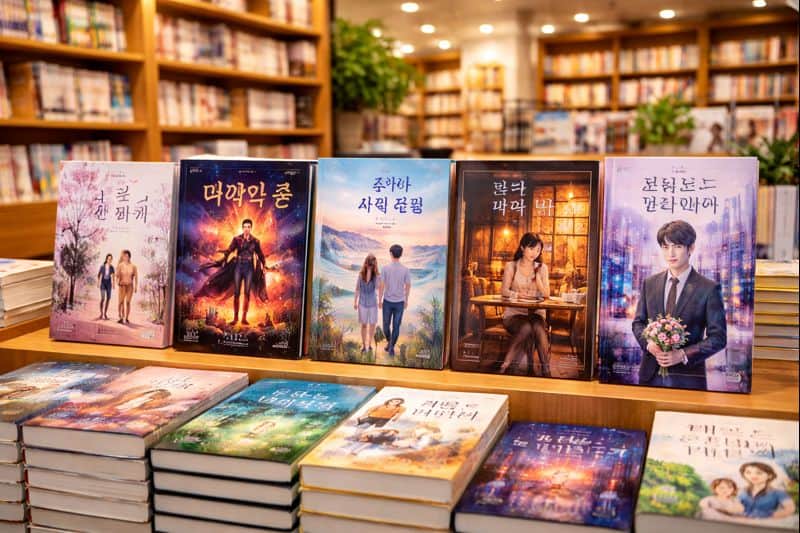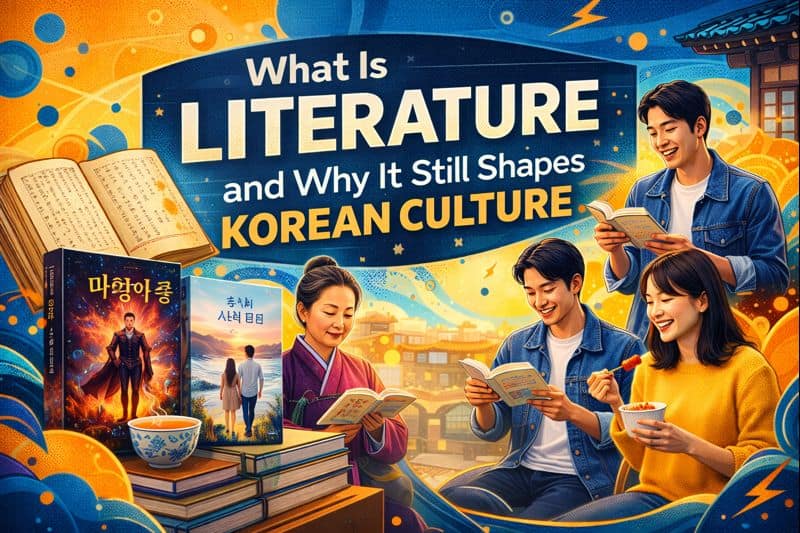Literature has always shaped how people see the world. It captures emotions, records history, and reflects social change. In Korea, this influence runs deep and continues to grow as global interest in Korean Culture expands. Readers often ask a simple question that carries real weight: What Is Literature, and why does it still matter?
Interest in this topic has increased as Korean dramas, films, and novels gain international attention. Fans want to understand the roots behind the stories they love. Students and casual readers alike feel curious about how written works shape identity and values. This is no longer limited to textbooks or quiet libraries. It lives online, inspires memes, and sparks debates across social media.
This article explores the meaning, purpose, and cultural role of literature, with a special focus on Korea. It looks at why stories endure, how they evolve, and what keeps readers coming back.
Let’s Talk about literature
Literature may seem easy to define at first. Many people think of novels, poems, or classic texts studied in school. That view only scratches the surface. At its core, What Is Literature is a question about human expression. This uses language to share ideas, emotions, and experiences in a structured and meaningful way.
Stories existed long before books. Oral storytelling passed down myths, values, and lessons. Over time, these stories found permanent form through writing. This shift allowed ideas to travel across generations and borders. Written language gave stories durability and reach.
In Korea, early literature appeared through poetry, historical records, and philosophical texts. These works reflected Confucian values, social order, and moral duty. It served as both art and education. Writers aimed to guide behavior while preserving history. That purpose still echoes today.
What truly Korean literature is?
Modern readers often connect this with imagination and creativity. Fiction creates worlds that feel real, even when they are not. Nonfiction offers insight into real lives and events. Both forms help readers understand perspectives beyond their own. Literature builds empathy through shared emotion.
Another key aspect lies in form. Literature pays attention to how language sounds and flows. Writers choose words carefully to create mood and meaning. Rhythm, metaphor, and symbolism turn simple sentences into lasting impressions. This craft separates literature from everyday writing.
Cultural context also matters. What Is Literature in korea cannot be separated from its social history. Colonization, war, and rapid modernization shaped Korean voices. Writers responded with themes of loss, resilience, and identity. These themes still resonate with readers worldwide.
As society changes, It adapts. Digital platforms now host short stories, web novels, and serialized fiction. While formats shift, the core purpose remains. It continues to ask questions, challenge norms, and reflect reality.
Some argue that films and games have replaced books. Yet many of these media still rely on strong storytelling. Scripts and narratives draw from literary techniques. This connection shows that literature has not faded. Instead, it has expanded into new forms.

At its best, this invites reflection. It slows readers down and asks them to think. In a fast-moving world, that pause has value. Literature offers space to explore ideas without quick answers.
The Highlights of literature
Literature stands out because of several defining elements. Each one adds to its lasting appeal.
One major highlight is storytelling depth. It allows complex characters to grow over time. Readers witness internal conflict, moral choices, and personal change. This depth builds emotional connection.
Language choice also matters. Writers shape tone and mood through precise wording. A single sentence can feel heavy, hopeful, or unsettling. This careful use of language separates literary writing from casual text.
Cultural reflection remains another strength. Literature mirrors society while also questioning it. Korean literature often explores family, duty, and social pressure. These themes feel specific yet universal.
Historical preservation plays a role as well. Many works capture moments that official records miss. Daily life, private thoughts, and emotional truths live within stories. It becomes an emotional archive.
Symbolism adds layers of meaning. Objects, settings, or actions often represent larger ideas. Readers can return to a text and discover new insights each time.
Accessibility has improved in recent years. Translations and digital platforms make works available worldwide. Global readers now engage with Korean literature more easily than before.

Finally, literature encourages dialogue. Book clubs, classrooms, and online forums keep discussions alive. Readers share interpretations and challenge each other’s views.
The Fan Experience
Fans play a huge role in keeping it alive. Online communities discuss favorite quotes, characters, and endings. Social media platforms turn books into trends through short reviews and aesthetic posts.
In Korea, readers often support authors through serialized platforms. Comments and ratings influence how stories develop. This interaction creates a shared experience between writer and audience.
Global fans join in through translations and adaptations. When a novel inspires a drama or film, interest spikes. Viewers often return to the original text for deeper understanding.
Memes and short videos also spread literary ideas. A powerful line from a novel can reach thousands within hours. This quick sharing introduces this to new audiences.

Emotional connection drives this engagement. Readers see parts of themselves in stories. That bond keeps literature relevant in modern culture.
The Impact of What Is Literature
Literature continues to shape Korean Culture in meaningful ways. It reflects shared values while questioning outdated norms. Writers explore social roles, mental health, and generational conflict with honesty.
It also supports the global Hallyu wave. Alongside music and film, books introduce cultural context and history. They add depth to global interest in Korea.
When compared to other cultural exports, literature offers slower but deeper impact. Songs may trend quickly, but stories stay with readers longer. They influence thought and conversation over time.
Themes found in Korean literature often align with global concerns. Identity, belonging, and change resonate across borders. This connection explains its growing international appeal.
Final Verdict
So, What Is Literature really about? It is about connection, reflection, and meaning. Literature captures human experience in a way few other forms can match. It preserves voices while inviting new ones to speak.
Korean literature shows how stories adapt without losing purpose. From ancient poetry to modern web novels, the core remains strong. It continues to educate, challenge, and comfort readers.
For anyone curious about culture or storytelling, literature remains essential. It rewards patience and curiosity with insight and emotion.
Rating: ⭐⭐⭐⭐½ out of 5
Resources
- LTI Korea (Literature Translation Institute of Korea)
- AsianWiki – Korean Authors and Works
- The International Booker Prize – Han Kang
- Goodreads – Popular Korean Literature
- Korean Literature Now (KLN) – Official magazine published by LTI Korea

